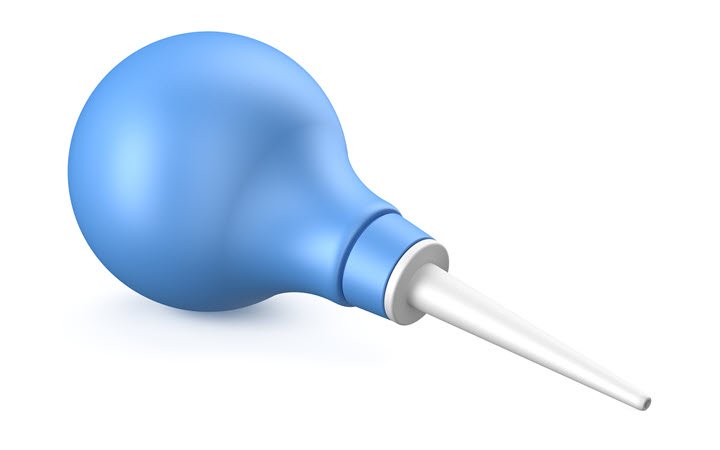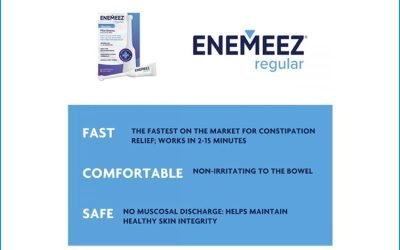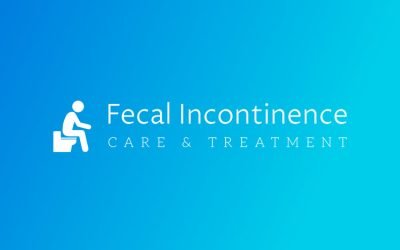Effective Uses of Enemas
Sometimes an enema is the best tool in your toolbox to treat various gastrointestinal disorders.
What Does an Enema Do?
An enema is a liquid delivered into the anus and rectum to relieve constipation and help with colon cleansing, among other medical uses.
Enemas can be useful for those with severe constipation. When other treatments, such as dietary intervention, fiber supplements, or laxatives are ineffective
Delivering Medication
Medications administered per rectum (PR) have a faster action than via the oral route and a higher bio-availability and with less alteration on route.
Note that the rectum constitutes the final 20cm or so of the terminal gastrointestinal tract.
Constipation Relief
Enemas are rectal injections of fluid intended to cleanse or stimulate the emptying of your bowel.
Enemas can be administered by a medical professional or self-administered at home.
Using enemas can provide relief.
Bowel Emptying
Emptying your bowels easily is an important part of good bowel health and can help keep the muscles that control your bowels active and strong.
Everyone has different bowel habits, with 3 times a day to 3 times a week being normal.
You should not be straining on the toilet
Enemas – Four Common Uses
1. One of the main reasons for an enema treatment is to relieve constipation.
2. Bowel preparation before exams and procedures.
3. To perform a lower GI (gastrointestinal) X-ray or scan.
4. To treat inflammatory bowel disease—or IBD.
Common Questions About Enemas

What is constipation?
A division of the National Institutes of Health defines constipation as having a bowel movement fewer than three times a week. Stools are usually hard, dry, small in size, and difficult to eliminate. People with constipation usually either have very large hard stools or hard pellet-like stools.
Bowel movements are infrequent and often painful.
What causes constipation?
There can be many reasons for someone to be constipated. Common causes include not getting enough fiber, fluids, or insufficient exercise. However, constipation can also result from a more serious medical condition.
How can I prevent constipation?
There are several things you can do to help prevent constipation, such as eating a well-balanced diet with plenty of fiber, drinking lots of fluids, and getting plenty of exercise.
How much fiber do you need each day?
The Institute of Medicine of the National Academies recommends 38 grams of fiber for adult men and 25 grams of fiber for adult women.
Why choose an enema versus a suppository?
Rectal laxatives provide immediate relief and are a good alternative for someone who cannot take oral medication. Some enemas can work in 5 minutes or less, while suppositories work within an hour.
Popular Blog Posts
How Your Gut Health Affects Your Whole Body
Curated Content Published at WebMDYou have many bacteria in your body. In fact, you have more of them than you have cells. Most are good for you. The ones found in your gut not only help you digest foods. They work all over your body and can be good for your physical...
How About A Mini Enema?
Curated Content A Mini Enema Product from ENEMEEZAn enema is a procedure that stimulates stool evacuation and relieves constipation. It’s a liquid treatment that conveniently helps push waste out of the colon, with your body reaping many benefits in the process. One...
Why Your Gut Is Essential For Your Health
Introduction Having a healthy gut is essential for our overall well-being. It plays a significant role in our immune system, digestion, and mental health. But how can we improve our gut health? The secret is establishing a few essential habits to help ensure our gut...
Care for Fecal Incontinence
Curated Content Published at Health In AgingWe know staying on top of the health conditions and concerns we may face after age 65 is an important part of the forward momentum that comes with aging. For example, many of us—even if we’re already living with several...





